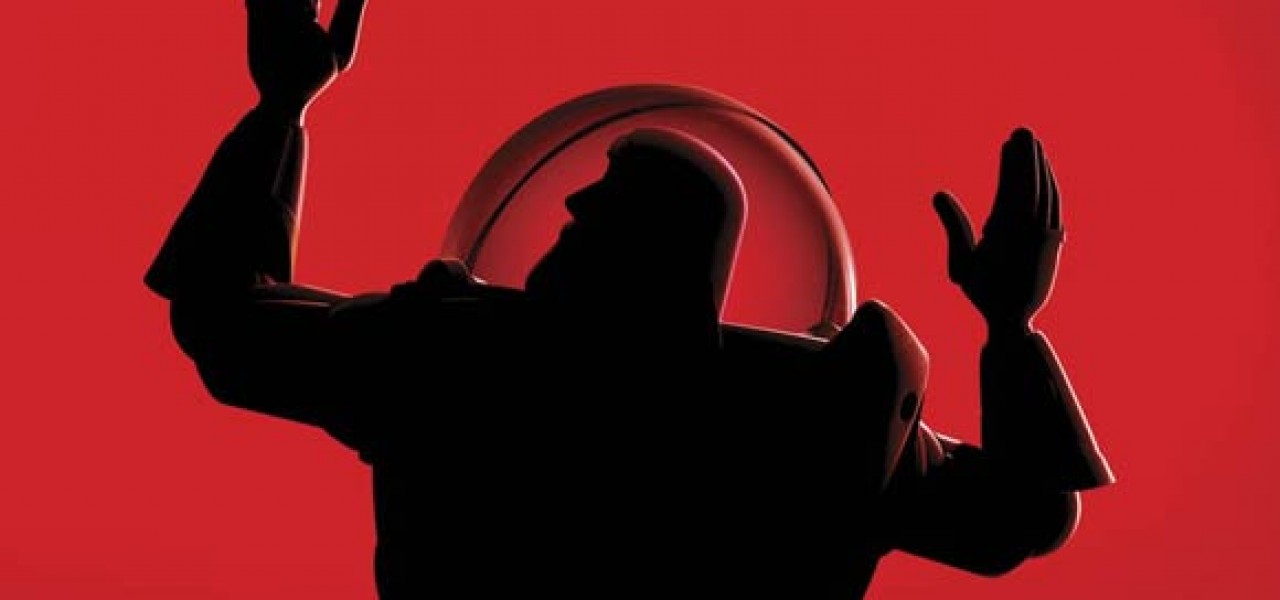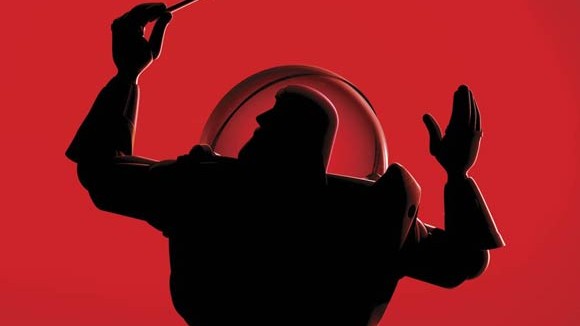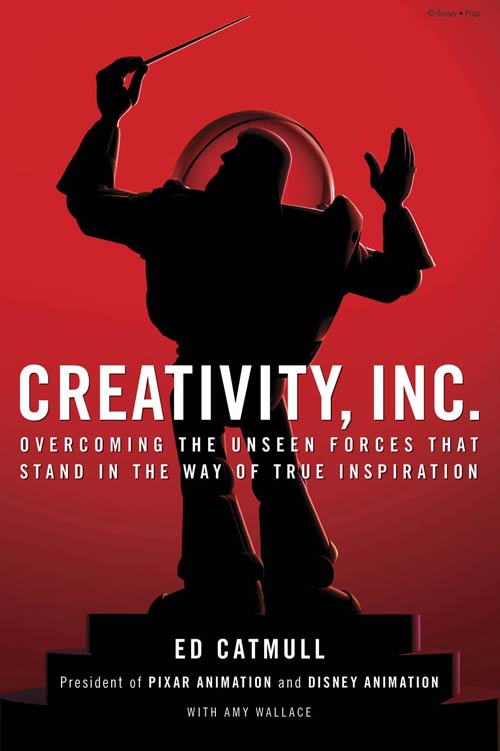

Pixar Co-Founder Ed Catmull Wrote A Book about How Pixar Works

Pixar co-founder (and current president of both Walt Disney and Pixar Animation Studios) Dr. Ed Catmull has written a book that explores how Pixar operates creatively. The 368-page book, Creativity, Inc.: Overcoming the Unseen Forces That Stand in the Way of True Inspiration, was co-written with journalist Amy Wallace and will be published next April by Random House.
From the description, it sounds like the book will be part-business management and part personal memoir, and a valuable title anyone who wishes to understand how Pixar functions as a company:
Creativity, Inc. is a book for managers who want to lead their employees to new heights, a manual for anyone who strives for originality, and the first-ever, all-access trip into the nerve center of Pixar Animation Studios—into the story meetings, the postmortems, and the “Braintrust” sessions where art is born. It is, at heart, a book about how to build and sustain a creative culture—but it is also, as Pixar co-founder and president Ed Catmull writes, “an expression of the ideas that I believe make the best in us possible.”
For nearly twenty years, Pixar has dominated the world of animation, producing such beloved films as the Toy Story trilogy, Monsters, Inc., Finding Nemo, The Incredibles, Up, and WALL-E, which have gone on to set box-office records and garner twenty-seven Academy Awards. The joyousness of the storytelling, the inventive plots, the emotional authenticity: In some ways, Pixar movies are an object lesson in what creativity really is. Now, in this book, Catmull reveals the ideals and techniques, honed over years, that have made Pixar so widely admired—and so profitable.
As a young man, Catmull had a dream: to make the world’s first computer-animated movie. He nurtured that dream first as a Ph.D. student at the University of Utah, where many computer science pioneers got their start, and then forged an early partnership with George Lucas that led, indirectly, to his founding Pixar with Steve Jobs and John Lasseter in 1986. Nine years later and against all odds, Toy Story was released, changing animation forever. The essential ingredient in that movie’s success—and in the thirteen movies that followed, all of which debuted at #1 at the box office—was the unique environment that Catmull and his colleagues built at Pixar, based on philosophies that protect the creative process and ideas that defy convention, such as:
• Give a good idea to a mediocre team, and they will screw it up. But give a mediocre idea to a great team, and they will either fix it or come up with something better.
• If you don’t strive to uncover what is unseen and understand its nature, you will be ill prepared to lead.
• It’s not the manager’s job to prevent risks. It’s the manager’s job to make it safe for others to take them.
• The cost of preventing errors is often far greater than the cost of fixing them.
• A company’s communication structure should not mirror its organizational structure. Everybody should be able to talk to anybody.
• Do not assume that general agreement will lead to change—it takes substantial energy to move a group, even when all are on board.
I’m going to assume that the cover is not final since it’s simply the Pixar in Concert logo with some text dropped over it. Pre-order the book on Amazon for $20.82..

.png)